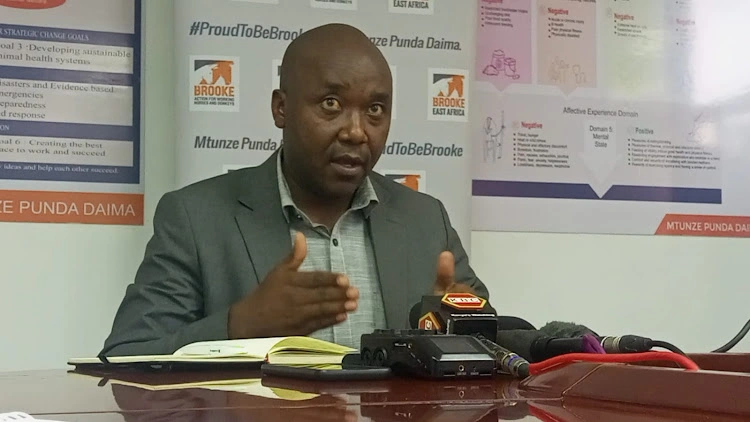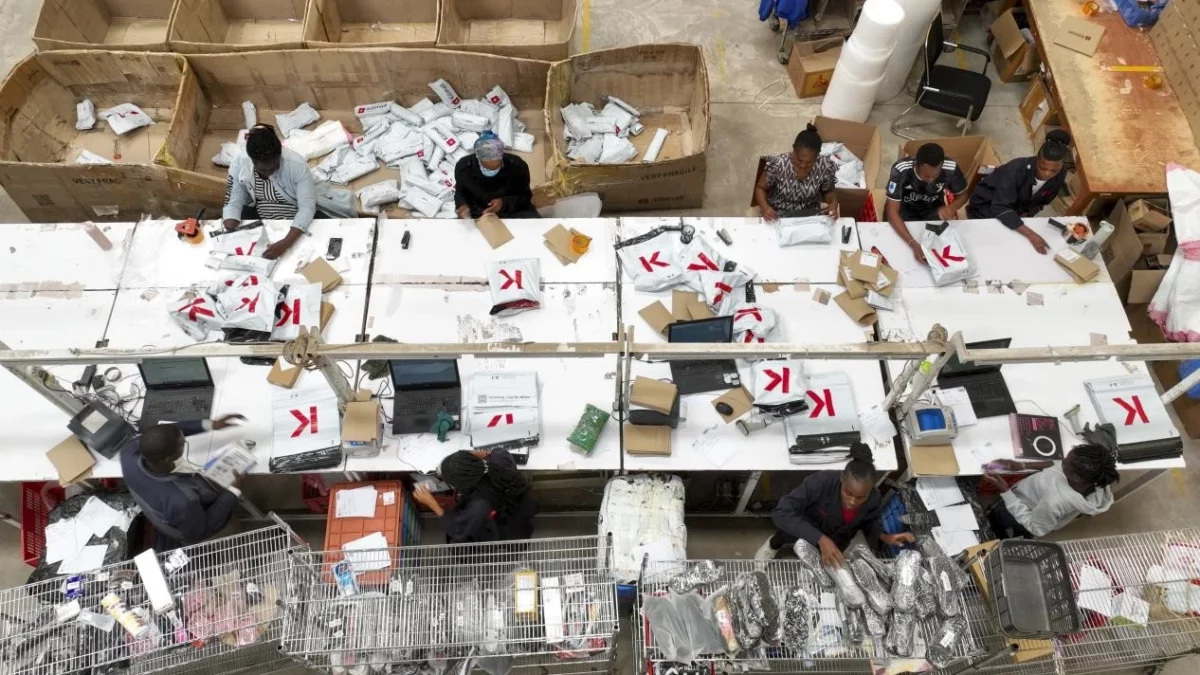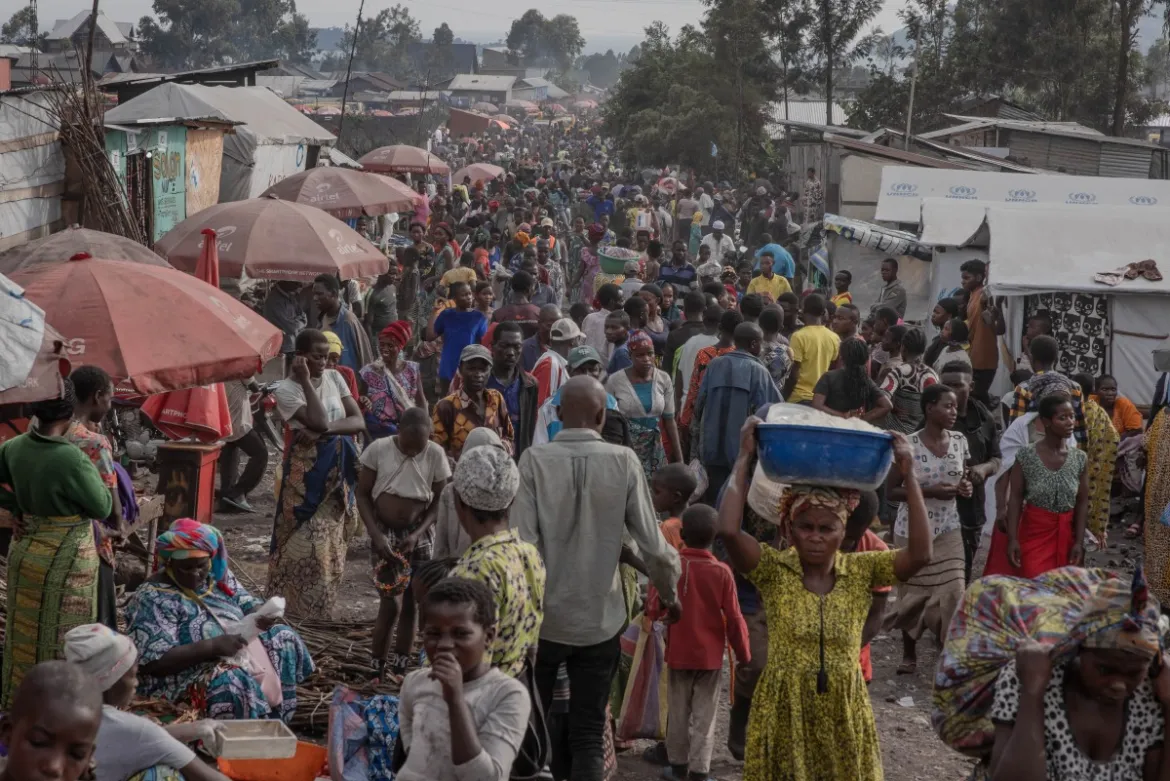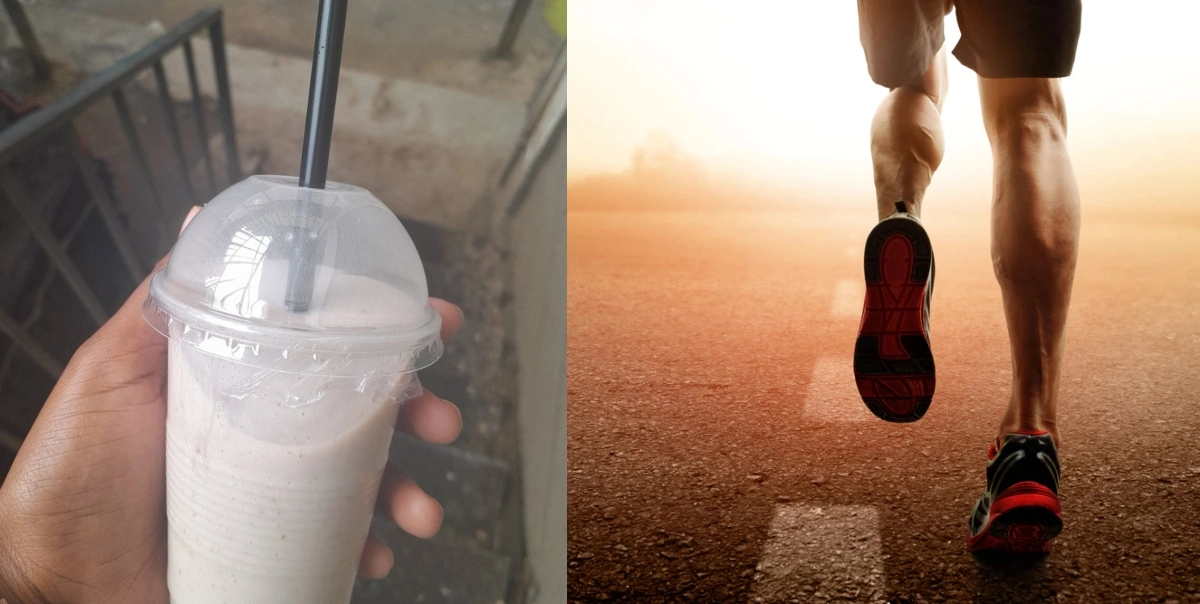Brooke East Africa – An animal charity group based in Nairobi has called on the Government under President William Ruto to formulate ways to curb animals from microbial diseases.
According to the charity group Regional Director, Dr. Raphael Kinoti there is a need for all county governments to come up with an animal welfare policy that will enhance the protection of both domestic and wildlife animals.
By doing so they will be protecting against the spread of virus diseases which originates from wild animals and ends up in humans.

Dr. Kinoti was speaking during a press conference in Nairobi to mark World Animal Day which is celebrated globally on October 4th.
The day is aimed at promoting peaceful coexistence between animals and humans and making this world a safer place for animals. It also reminds us of how animals enhance our lives.
Dr. Kinoti “The day is also known as ‘Animal Lovers Day’ because it encourages love, care, affection, and protection of animals by supporting individuals and organizations who promote animal rights.
To make the world a better place for all animals, the day rallies the animal welfare movement into a global force.
The theme for World Animal Day 2022 is ‘ Share Planet’. All the animals in the ecosystem co-exist to balance nature’s ecology.
Subscribe to YouTube Channel at Switch TV.
It is imperative to note that animals play an equally important role in protecting our environment and in promoting human health as well.”
Dr. Kinoti further pointed out that farmers play a critical role in helping address the burden of antimicrobial resistance as adding controlling of parasites will ensure less disease that would require the use of drugs.
According to Dr. Kinoti, some farmers treat animals without completing the required treatment regimen, causing resistance to the drugs.
“When a cow gets mastitis and you buy the tubes to push the drug into the teat of the cow, you are supposed to use it for three to five days but most farmers will do it just for one day.
“You are causing resistance when you expose that bacteria to this drug inadequately because that drug will not work tomorrow,” he added.
“When you push that tube into the udder of that animal, when you milk that milk and take it to the market it is wrong.
Drugs have a withdrawal period so when you feed us with milk that has very direct drugs that we use for animals eventually you are causing resistance.”Dr. Kinoti says.
Resistance to antibiotics arises when infections caused by bacteria, viruses, fungi, or parasites become resistant to drugs designed to treat them.
Experts in the recent past have raised the alarm that treatment of diseases such as malaria, tuberculosis, and HIV/AIDs is at risk from the threat of resistance to antibiotics unless urgent action is taken to reverse the trend.
Without effective antimicrobials, the success of modern medicine in treating infections, including during major surgery and cancer chemotherapy, would be at increased risk.
The World Health Organization warns that the cost of AMR to the economy is significant.
In addition to death and disability, prolonged illness results in longer hospital stay, the need for more expensive medicines, and financial challenges for those impacted.



























